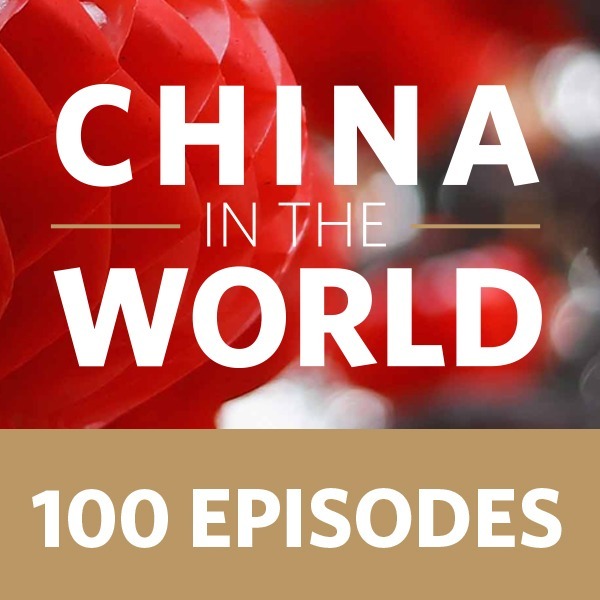Go offline with the Player FM app!
Devising A New Formula for Global Leadership
Manage episode 225743392 series 118867

To commemorate the fifth anniversary of the China in the World podcast, Paul Haenle is interviewing five of the most respected Chinese international affairs scholars to discuss this important inflection point in U.S.-China relations. For the third episode in this series, Haenle spoke with Yan Xuetong, dean of the Institute of International Studies at Tsinghua University and secretary general of the World Peace Forum.
Yan asserted the U.S.-China relationship is experiencing structural disruptions, the resolution of which will have a lasting impact on the two countries. China’s economic achievements over the past 40 years are based on market economy reforms and the development of the private sector, Yan argued. He said the tensions in the U.S.-China relationship are primarily due to the narrowing gap between the two countries’ national strength. Going forward, the United States and China need to address their own domestic problems related to economic growth and technological development before resolving foreign policy issues. Beijing was right to shift from its past policy of keeping a low international profile, Yan said. However, China should focus on strengthening its regional position before moving too quickly into other parts of the globe. The Trump administration has made clear that it will forsake traditional U.S. global leadership roles, Yan said, but China does not yet have the capacity to supplant the United States in the international arena. This new dynamic stresses the need for the two countries to establish a framework that allows for joint leadership, as neither is willing or able to lead unilaterally.
247 episodes
Manage episode 225743392 series 118867

To commemorate the fifth anniversary of the China in the World podcast, Paul Haenle is interviewing five of the most respected Chinese international affairs scholars to discuss this important inflection point in U.S.-China relations. For the third episode in this series, Haenle spoke with Yan Xuetong, dean of the Institute of International Studies at Tsinghua University and secretary general of the World Peace Forum.
Yan asserted the U.S.-China relationship is experiencing structural disruptions, the resolution of which will have a lasting impact on the two countries. China’s economic achievements over the past 40 years are based on market economy reforms and the development of the private sector, Yan argued. He said the tensions in the U.S.-China relationship are primarily due to the narrowing gap between the two countries’ national strength. Going forward, the United States and China need to address their own domestic problems related to economic growth and technological development before resolving foreign policy issues. Beijing was right to shift from its past policy of keeping a low international profile, Yan said. However, China should focus on strengthening its regional position before moving too quickly into other parts of the globe. The Trump administration has made clear that it will forsake traditional U.S. global leadership roles, Yan said, but China does not yet have the capacity to supplant the United States in the international arena. This new dynamic stresses the need for the two countries to establish a framework that allows for joint leadership, as neither is willing or able to lead unilaterally.
247 episodes
All episodes
×Welcome to Player FM!
Player FM is scanning the web for high-quality podcasts for you to enjoy right now. It's the best podcast app and works on Android, iPhone, and the web. Signup to sync subscriptions across devices.




